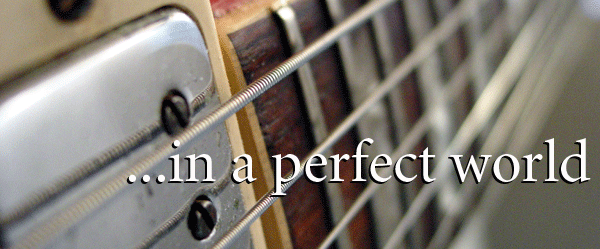Daryl Hall's album "Sacred Songs" was conceived as part of a loosely-connected trilogy of recordings produced by Robert Fripp, the other two being Peter Gabriel's second solo album (also known among fans as "Scratch," a reference to the album's cover art), and Fripp's solo LP "Exposure." A terrific recording completed in 1977, Hall's label RCA nonetheless shelved "Sacred Songs" for three years, claiming that it "wasn't commercial enough." Just a little more proof that the music business doesn't really understand its own business, and it damn sure doesn't understand its audience beyond knee-jerk reactions to the minority of songs and acts that actually hit the charts. For every Taylor Swift and Katy Perry, we get hundreds of little manufactured Swift and Perry clones hoping to copy the success. That's not a business model, and it sucks for truly deserving artists who could be a true "next big thing."
From the story Continue To Dream After You Are Robbed of Sleep: Daryl Hall and Robert Fripp's Sacred Songs, published by Good Friends Beer & Records:
Often too easily dismissed as a milquetoast marginalist, Daryl Hall has real chops honed on real street corners; his past a Zelig like journey through the origins of Philadelphia soul music. Cutting his teeth at the edge of Thom Bell's piano, woodshedding with Gamble and Huff, working the neighborhood corner as a teenage blue eyed tenor, Hall has found his public perception at odds with its true origins, and has subsequently developed an evolved duality- a parallel pursuit of creative independence and blatant commercialism. The lesser know aspect of this duality, his sublime individuality, is found at its peak in Sacred Songs- his 1977 collaboration with British sound explorer Robert Fripp.RCA was right: "Sacred Songs" was a departure from the music that made Daryl Hall and John Oates pop music stars. But real growth and progress always requires a departure of some sort.
Upon dissolving the multi-lineup, original King Crimson in 1974, Fripp retreated from the musical spotlight seeking intense spiritual reorganization in the transformative introspective teachings of G.I. Gurdjeff (a spiritual position from which Fripp has since distanced himself). These periods of introspection, in tandem with creative collaboration with Brian Eno, led Fripp to develop Frippertronics, an innovative droning loop system which created an entirely new synthesized language with which to express himself. Reemerging publicly with a new creative focus, he bonded with Hall, whom he saw as a life force and anchor; a link which provided a crucial creative association to the realities of the world outside of his spiritual concerns. Curiously Hall, at the time, was undergoing a spiritual crisis that lead to an exploration of the dark forms of mysticism in the teachings of Aleister Crowley. Fripp and Hall found themselves staring over the cliff together, a bonding which greatly informed the focus and concept of Sacred Songs.
Hall has said the collaboration with Fripp sought to take each of their musics and create a third, new music- a uniform destination informed only by the lessons of the journey, a vision of Pop music as encoded spiritual direction. While conceptual thought was abundant, much of the process in creating Sacred Songs was greatly informed by the unspoken ideology of classic American Soul Music.
And real artists are always looking for that next departure.


.jpg)

No comments:
Post a Comment